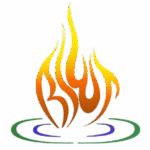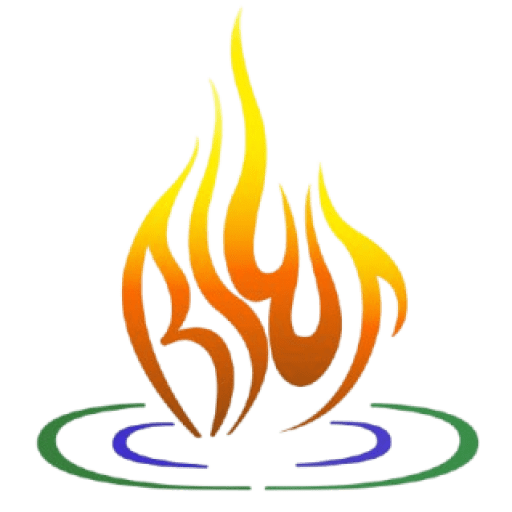RELIGION
Buddhism encompasses all ways of life in Bhutan. Every ordinary activity often takes the gravitas of a ritual, a manifestation of deep spirituality arising out of the faith in the essence of birth, life, death, and rebirth – the cycle of karmic existence – and a quest to free oneself from the suffering of samsara. Here in Bhutan, there is a cosmic balance between nature and man and other elements, truly signifying the ultimate lesson of interdependency, a cause and a consequence of harmonious living.
Bhutan is a sacred country, blessed by numerous Buddhist masters, of past and present. Its landscape is dotted with thousands of temples and chortens, many built centuries ago. Buddhist sites, symbols and structures are omnipresent across the Kingdom, many of which are in the remote pockets of the country, far away from human habitation. There is a strong conviction and belief that if you visit these places, you will be cleansed off your sins and freed from the endless circle of suffering.
Guru Padmasambhava, also popularly known as Guru Rinpoche, “the precious master”, first introduced Buddhism in the 8th century A.D. Until then, bonism was in vogue. Guru’s teachings laid the foundation for Buddhism to flourish and also gave birth to Bhutan’s unique culture and tradition. Subsequent to Guru Rinpoche’s visit, numerous Buddhist masters from Tibet visited and settled in Bhutan, further spreading and strengthening the legacy of Buddhism that prevails even to this day.
Among others, Guru Rinpoche was also significant because gSo-ba Rig-pa, the art of healing sciences, based on the Buddhist tradition, was introduced in Bhutan. Oral history has it that when Khandro Yeshi Tshogyal, a consort and disciple, of Guru Rinpoche, meditated at Singye Dzong in the eastern part of Bhutan, the practice produced “unusual medicinal aroma” that spread to nearby villages. The secret to this medicinal aroma, preserved as a treasure, later inspired the science of traditional healing.
Bhutan was also richly endowed with national minerals, medicinal herbs ad plants, hot springs (tsha-chu) and medicinal water (men-chu). For this very reason, in ancient times, Bhutan was also known as Lho Menjong, the southern land of medicine. This is lasting testimonial to Bhutan’s rich traditional medicinal heritage that continues to this day.

